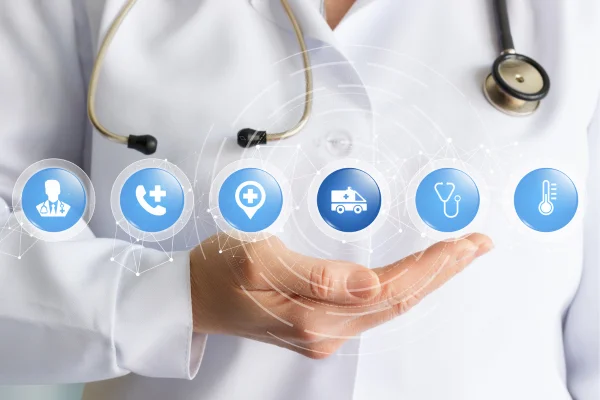Protecting Privacy Build Trust
- Services
-
-
Enhance your cybersecurity posture and safeguard your digital assets with our comprehensive Managed Security Service. Our team of experts is dedicated to monitoring, detecting, and responding to threats, so you can focus on growing your business with confidence.
Ensure the security of your organization's endpoints with our Managed Endpoint Security Service. Safeguard against cyber threats and vulnerabilities to maintain business continuity and protect sensitive data.
Protecting your organization's data is crucial in today's digital landscape. With DPO-as-a-Service, ensure compliance with data protection regulations without the overhead of hiring a full-time Data Protection Officer.
Empowering Your Journey to Data Protection Achieving PDPA compliance isn't just about meeting regulations; it's about building trust. Our services help you navigate data protection with confidence.
Elevate Your Brand with Data Protection Trustmark Certification Achieve international recognition and solidify customer trust with PrivacyTrust's Data Protection Trustmark Certification Service.
Discover how our comprehensive data protection training can help your organization comply with the Singapore Personal Data Protection Act (PDPA) and safeguard sensitive information.
Discover how our Vulnerability Assessment and Security Audit Service can fortify your organization's defenses against potential cyber attacks.
Discover and address vulnerabilities in your networks, applications, and websites with our comprehensive penetration testing services.
Equip your team to defend against evolving threats and safeguard your organization's assets. Our comprehensive cybersecurity training programs offer tailored solutions to address your workforce's diverse needs.
Conducting DPIAs is crucial for safeguarding sensitive data and ensuring compliance with evolving privacy regulations. Our tailored solutions help you identify, assess, and mitigate privacy risks, paving the way for responsible data handling and building trust.
-
-
- Solution
-
-
Protect your sensitive information from breaches and cyber threats. Ensure compliance with global privacy regulations and foster trust with your customers through our advanced security practices and innovative technologies
Empower your organization with robust data privacy solutions that go beyond compliance. Transform privacy into a strategic asset that drives business value and fosters trust.
Safeguard your business from insider threats with PrivacyTrust's comprehensive security solutions. Detect, prevent, and mitigate internal risks to maintain data integrity and business continuity.
Dive Into Data Security with PrivacyTrust Backup Solutions
Stay ahead of today's advanced email attacks Protect your business's email from modern threats.
Secure your mobile devices and applications against threats with our mobile security solutions.
Break free from the cycle of cyber threats and safeguard your business reputation. Discover how our Phishing Attack Protection Solutions can help you stay one step ahead of cybercriminals.
Protect Your Business Against Ransomware Threats Safeguard Your Data, Secure Your Future.
Embrace proactive cybersecurity measures and stay one step ahead of cybercriminals. Secure your endpoints today to safeguard your business from evolving cyber threats and maintain uninterrupted operations.
-
-
- Why Privacy Trust
-
- Partners
-
- Resources
-
- Contact Us




